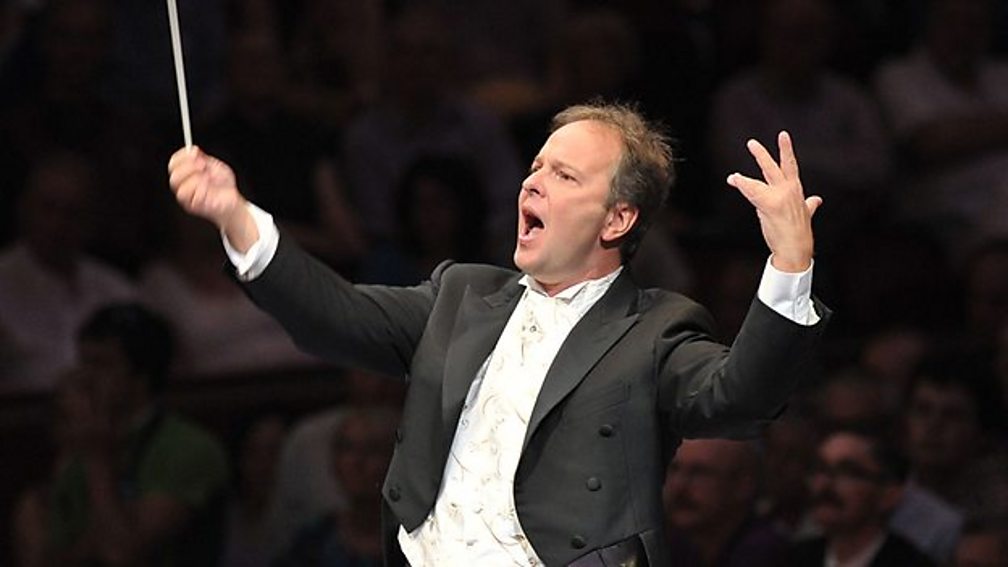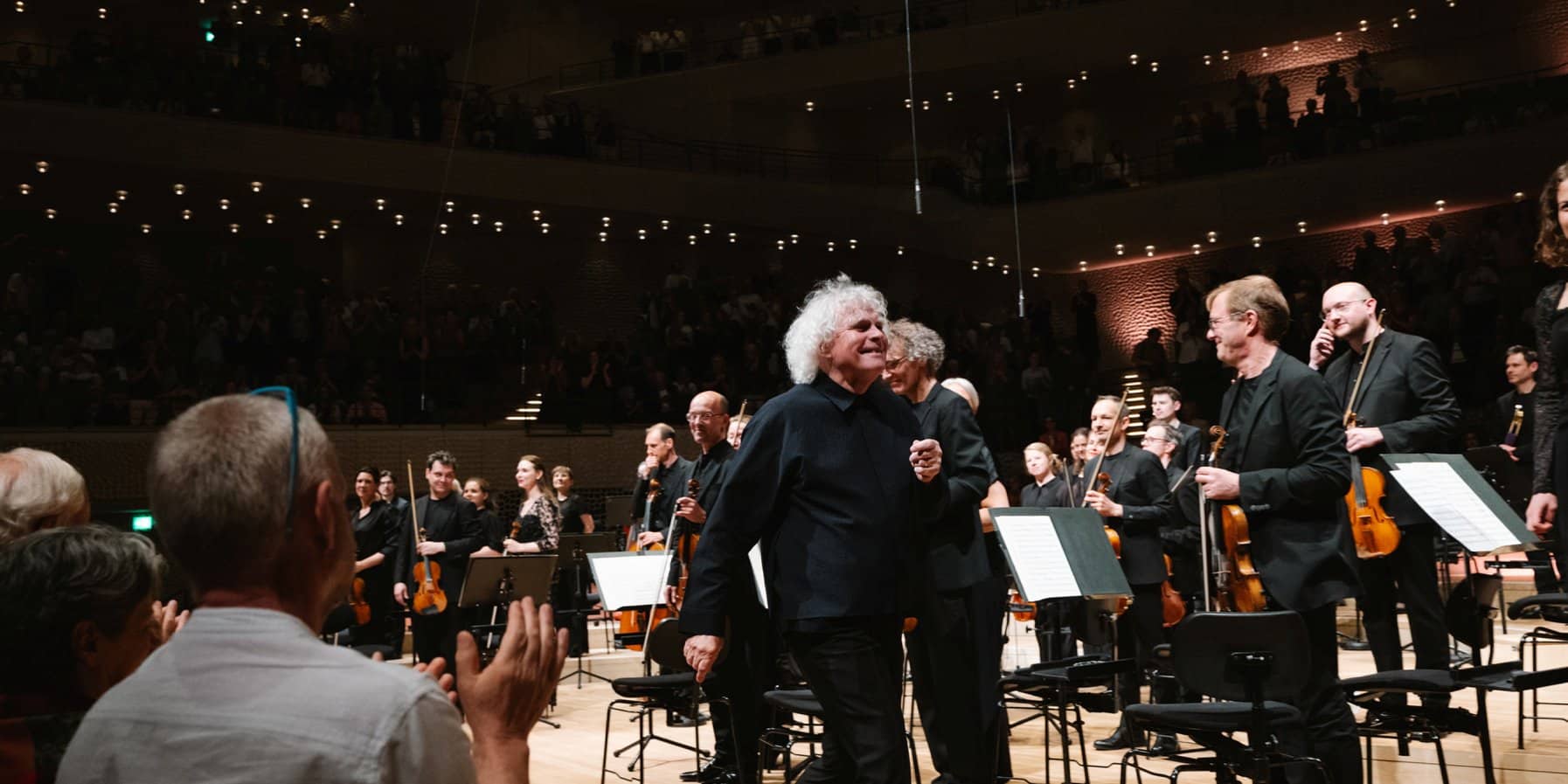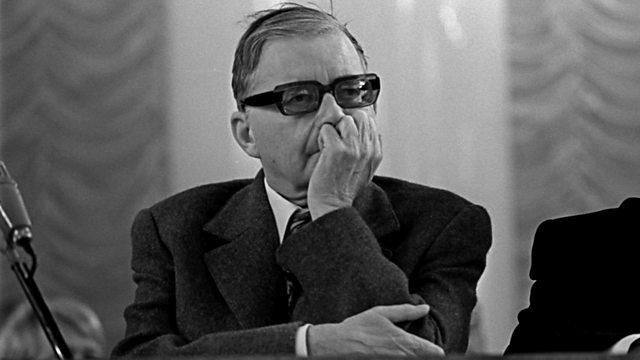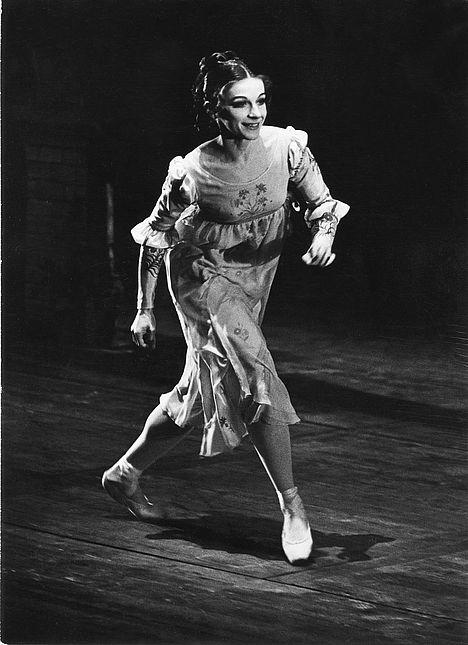Review: Sakari eclipses his successors
OrchestrasWe are honoured to publish the last review in the Birmingham Post by its longstanding chief music critic, Christopher Morley. Chris’s reviews will appear in future on www.slippedisc.com:
by Christopher Morley
SAKARI ORAMO RETURNS TO THE CBSO
Symphony Hall ****
This triumphant, emotional return of Sakari Oramo to the CBSO whose podium he graced so productively during ten years as music director, had one perhaps unexpected side-effect. So authoritative on the platform is this now principal conductor of the BBC Symphony Orchestra, so naturally at ease with the players, so thrilling in the effects he conjures, that his presence throws into relief many of the other conductors the CBSO has engaged since his departure in 2008, and makes their contributions appear disappointing in retrospect – rather like Ulysses returning to Penelope, whose many suitors were cast into the shade.
It was thrilling to welcome Oramo back, to huge acclaim on both sides of the footlights, and what more fitting programme than one allowing him to bring his experienced insights into the music of his Finnish homeland. A rare performance of Sibelius’ late incidental music to The Tempest proved revelatory of the composer’s grasping towards a new language as he approached the end of his creative career, its modernist, searching sounds expertly paced by Oramo, rhythms crisp, drama informing all the playing, not least the grinding, stamina- and concentration-sapping Storm finale.
Mrs Oramo, soprano Anu Komsi, was soloist in the Four Last Songs by Richard Strauss. Her immersal in these autumnal texts was touching, but her steely timbre in high tessituras seemed inappropriate when rounded Wagnerian tones were desired. She bravely responded to the very slow tempo set for the concluding Im Abendrot, and had earlier collaborated in wonderful dialogues with solo violin and horn.
Komsi was far better suited to the fragmentary textures of Ekho, by Aarre Merikanto, a Finnish composer working a generation or so after Sibelius, in this work telling of the myth of Echo and Narcissus. The fact that Narcissus loved only his own reflection in the water has echoes (ha!) of Debussy’s Melisande, and in fact resonances of that delicately-shaded opera were very near here, with Komsi contributing in effect a vocalised instrumental line to these delicate structures.
But where were the texts and translations for both these vocal works? None in the programme-booklet, and no surtitles. When one considers the money being expended on spurious lighting effects in selected concerts, some of it should have been diverted here.
Finally came what would certainly qualify as mu Highlight of the Year in the halcyon days when such an annual roundup existed, Sibelius’ Seventh Symphony in a reading monumentally responsive to its intellectual and emotional magnitude, belying its structural compactness. Over the years Sakari Oramo has built up a total understanding of its organic growth and shape, and from its framework he drew here generous richness of orchestral tone, building sonorous climaxes, eventually arriving at that famous long-drawn out C major cadence which sealed such an awesome experience.
The three pivotal trombone solos were noble in their delivery from Richard Watkin. Thank goodness the new razzmatazz didn’t impinge upon this concert, otherwise he would have stood like a jazz soloist for each one, and we would have been expected to applaud as he concluded each spot.
Christopher Morley






Respect for his championing of John Foulds!
The 100th anniversary of the premiere of his World Requiem has just passed – why is this work never performed?!
Good question! It’s one of those works tha require attentive and repeated listening. Written for listeners, not the masses. Not likely to fill concert halls. Sadly…
I heard a performance of it in the Royal Albert Hall in 2007 – BBC SO.
It was a superb concert. The CBSO played with love for the music, and for their old conductor. The VLL sounded like the most beautiful music ever composed, and the Sibelius 7 was glorious. One wondered, again, what this fine orchestra has done to deserve the lack of respect shown by their outgoing conductor, for whom Birmingham is clearly beneath her dignity. They’re better off without her. She’s not terribly good.
Well done, Chris. You played the game. A life well spent.
I agree. It was a great concert. Wonderfully dignified on the podium, unlike his two show-off and OTT successors. But the current conductor is also ace!
How about just “Beloved former Music Director Returns?” And is this really the first time he’s been back since 2008? Also, it’s an unfair comparison if he’s comparing today’s Oramu with yesterday’s Nelsons and Mirga; how was he with the CBSO 20 years ago?
But I agree he’s a terrific conductor.
Well, Yamada will eclipse him. In my opinion, the greatest living conducting talent together with Sokhiev. And they are both only in their 40s still!
You forgot to say you were kidding. April fools.
Sorry Chris but Andria Nelsons eclipsed everybody, but thanks for your fine reviews. It is kind of you to remember Ken Dommett, remembered not least for his review of Beethoven’s ‘Erotica Symphony’ one of the funnier memories of his Birmingham Post reviews. Happy memories of our time together at the Barber Institute and your column will be sadly missed.
I attended both Wednesday and the benevolent concert last night also conducted by Sakari Oramo
Both were superb events
The orchestra and audience obviously thrilled to have Oramo back
The orchestra were as usual on wonderful form probably giving the best Sibelius 5th I’ve heard last night life affirming indeed
Once again both concerts without gimmicks or extra fuss yet provided all that was needed for spiritual and musical fulfillment
The only sad thing was that both concerts especially last night were so appallingly attended
This I agreee is great cause for concern and I also agree with C Morley we needed titles for the Strauss etc
Maybe purchasing a good subtitle machine would be a useful investment
Totally agree re both concerts and the worrying size of audience; though reading books of concerts past this was also said in the 30s 50s etc It was well worth my nearly 300-mile train journeys and two inexpensive nights in a hotel. Oramo is an absolute treasure: in my view also the finest Elgar conductor living as well as a great Sibelian. Not sure he obliterates Mirga, Yanada and Nelsons; all give fine concerts and have different specialities. Perhaps Mr Morley was referring to dubious guest conductors?
‘during ten years’
This is the kind of basic grammatical error I correct in my French students every day.